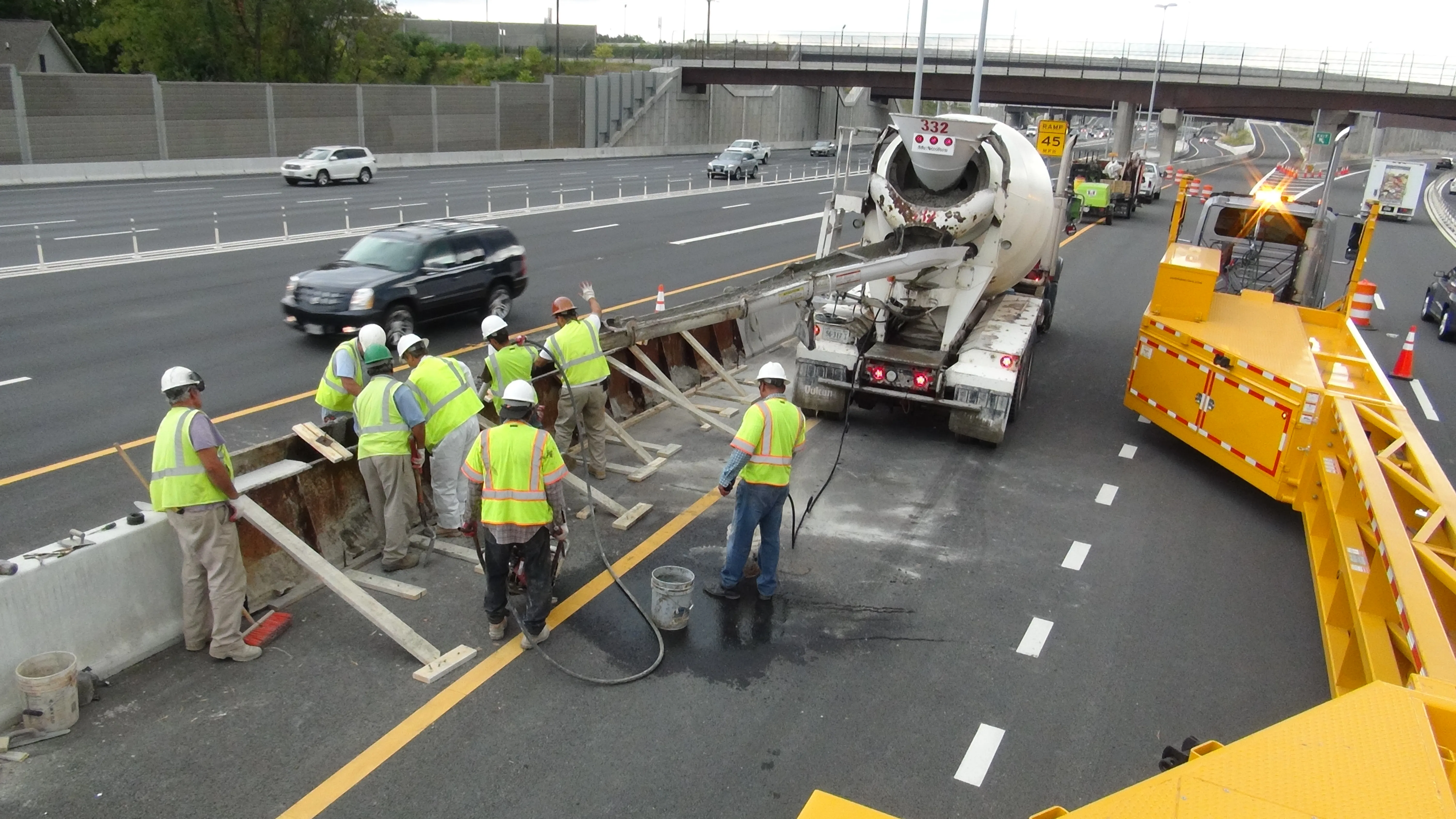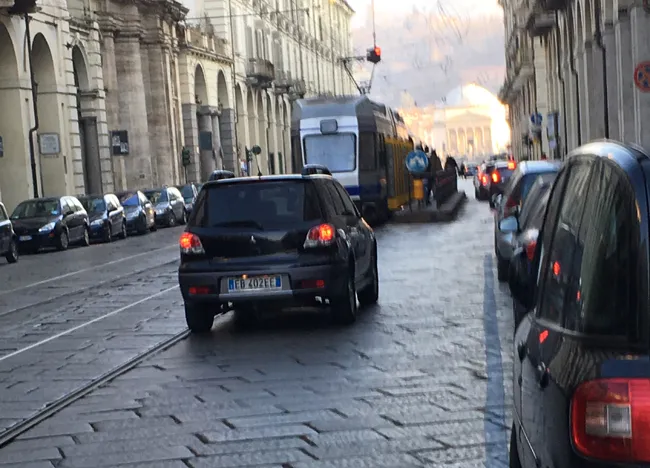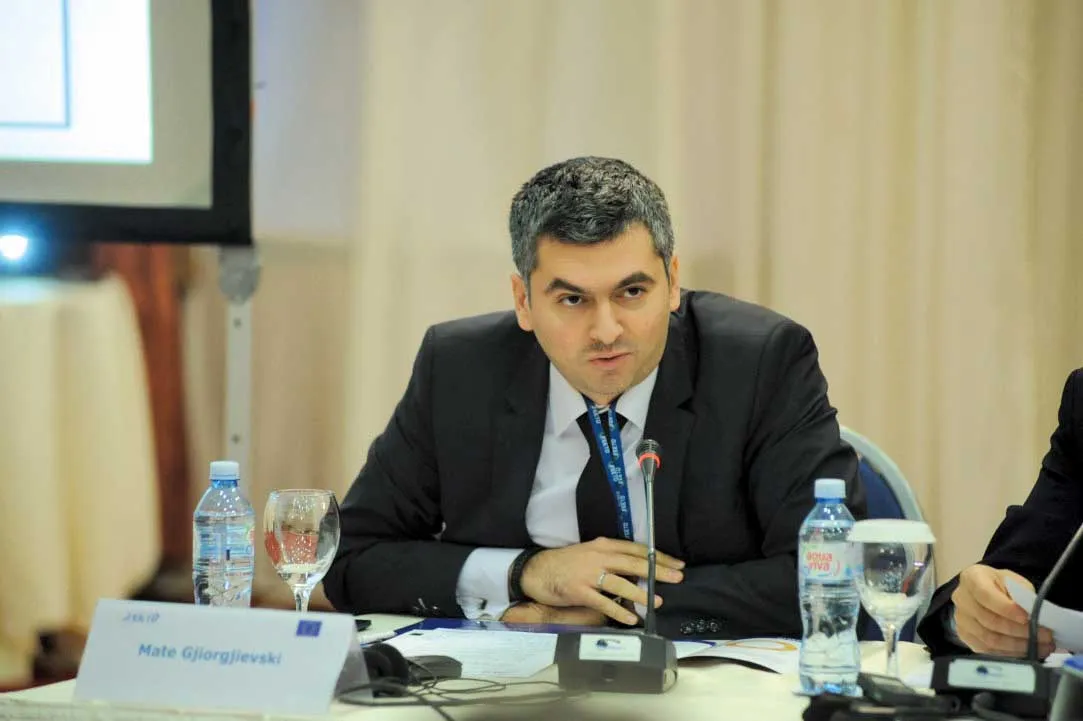
According to
This trend is also the result of policies and investment programs impulsed by the European Union, notably in the transport sector, perceived as an essential enabler of the region’s competitiveness objectives. An important milestone was reached in 2015 with the extension of the TEN-T Core Network to the Western Balkans, triggering additional investments for connectivity infrastructure. In 2017, a new treaty establishing a Transport Community for the Western Balkans is expected to give rise to enhanced transport and trade facilitation coordination mechanisms and unleash further investment initiatives.
However, significant challenges remain to enhance the safety, efficiency, environmental sustainability and resilience of the road network, underscoring the value of regional and programmatic cooperation around highway and sustainable mobility initiatives
Due to its privileged geographical position, Croatia has been at the forefront of this process, through regional cooperation initiatives such as the Adriatic-Ionian motorway corridor. Leading Croatian stakeholders from the public, private and academic sector will combine forces for the landmark event.
For more information, speaking opportunities and corporate visibility packages, please visit %$Linker:








